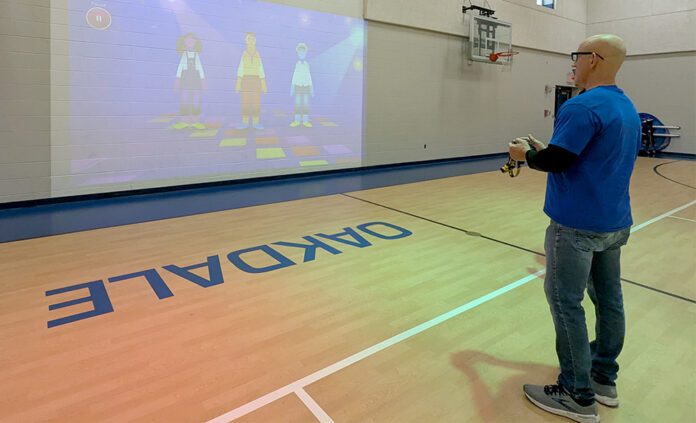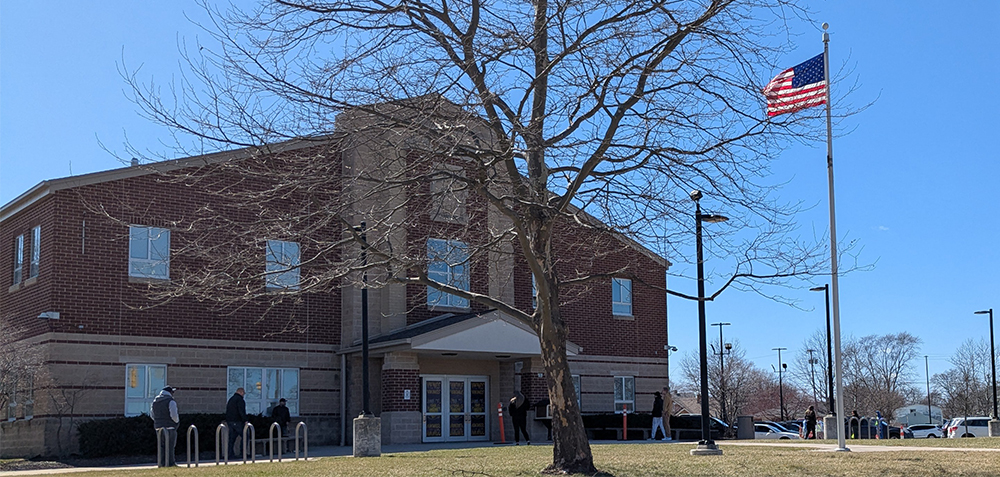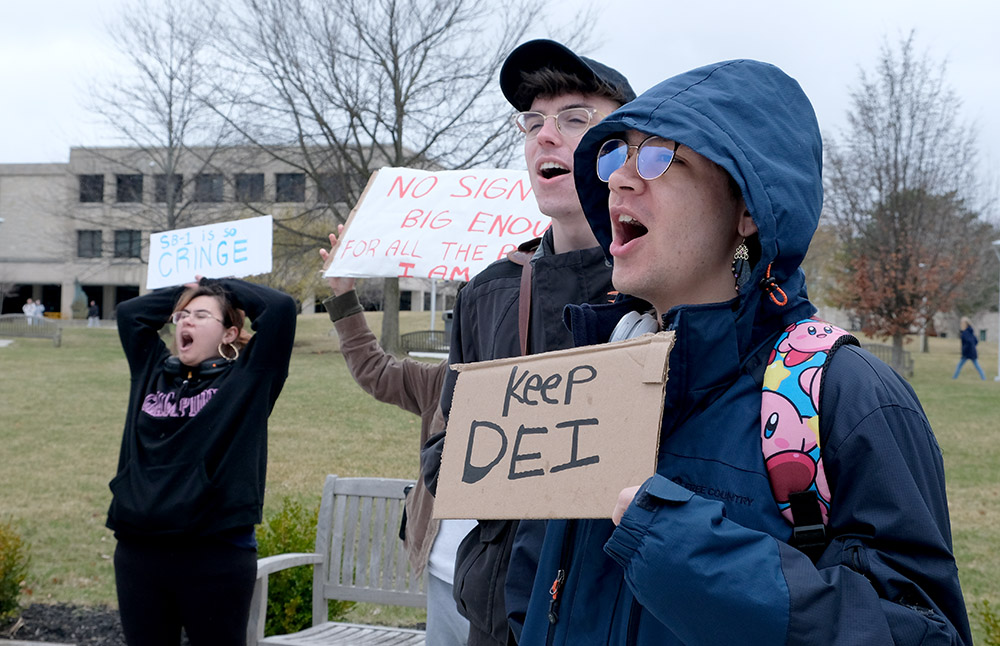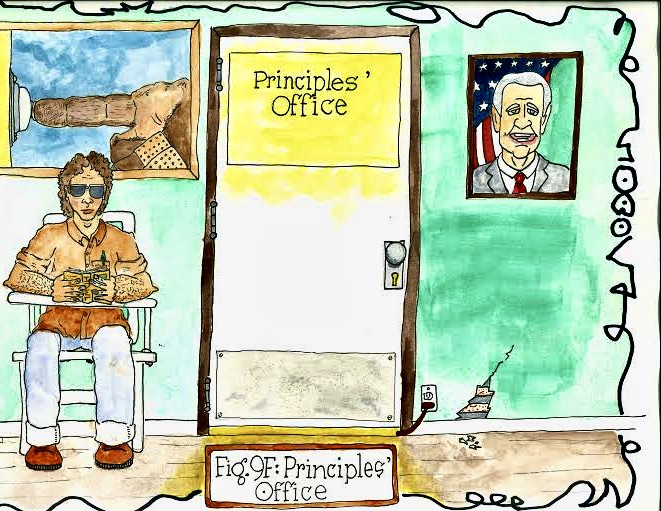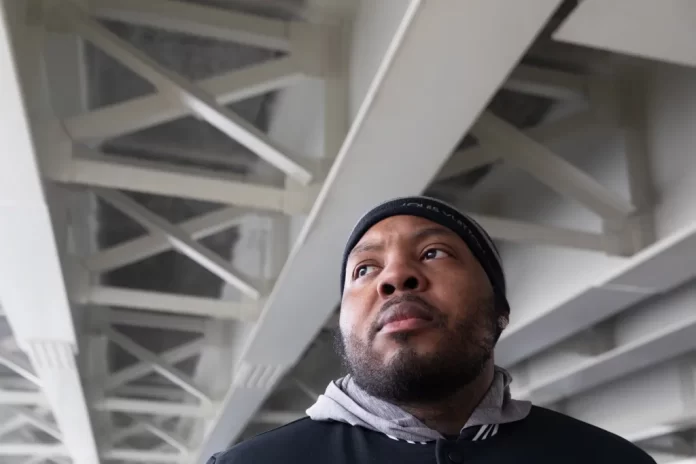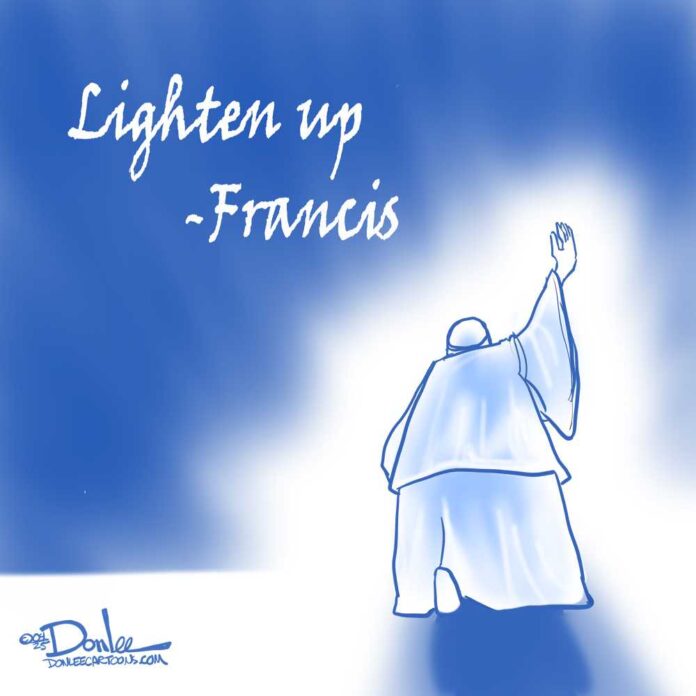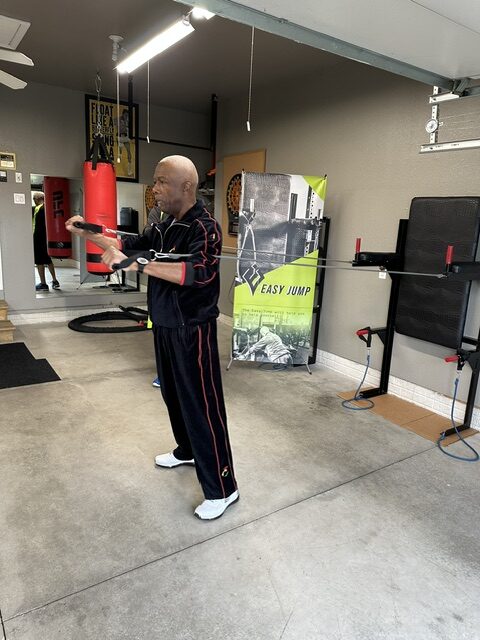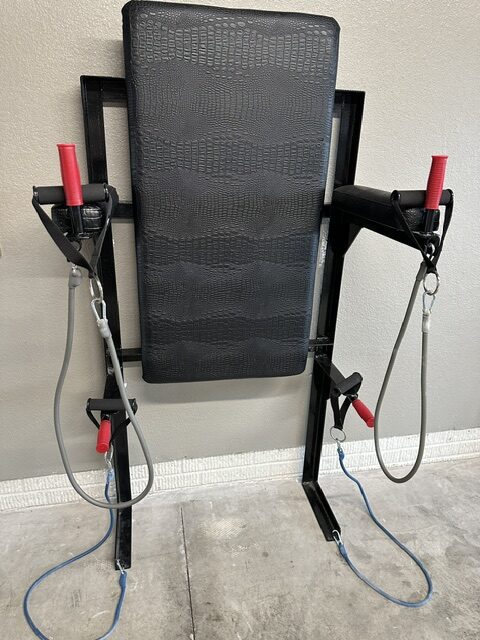(Announcements are compiled from press releases and in order received)
NEWS SHORTS BRIEFS ARE UPDATED DAILY
ANNOUNCEMENTS
Yemisi Shyllon Museum of Art and TMA launch historic cultural exchange to boost museum expertise, global access
In a landmark move that sets a new precedent for international cultural collaboration, the Yemisi Shyllon Museum of Art (YSMA) in Nigeria and the Toledo Museum of Art (TMA) in
the U.S. announce a transformative partnership aimed at promoting modern and contemporary African Art and enhancing institutional capacity through knowledge exchange.
Formalized through a memorandum of understanding signed in November 2024, the partnership will see both museums – nonprofit, educational institutions with a shared mission of service and impact through art – collaborate on a range of programs including a training and professional development exchange, joint curatorial initiatives, and traveling exhibitions from YSMA’s collection to the U.S.
This collaboration marks YSMA’s first major international partnership and is a bold step in amplifying its reach and influence on the global stage, particularly in deepening U.S.–Nigeria cultural relations through the lens of art and heritage. Recently named the 2025 Best Art Museum in the USA TODAY 10Best Readers’ Choice Awards, TMA is an institution renowned for its history and reputation in museum management, curatorial excellence, and
public engagement.
Highlighting the significance of the collaboration, Adam Levine, director and CEO of TMA said, “At the Toledo Museum of Art, we are proud to engage in a partnership that fosters mutual learning, inclusivity, and global dialogue. This collaboration with YSMA not only enriches our understanding of African art traditions but also deepens our ability to integrate art into the lives of people — both locally and globally. By working together, we strengthen the institutional ties and cultural connections that inspire, educate, and promote access to the transformative power of art.” (05/08)
Scott Kepp promoted to president at GEM Inc.
WALBRIDGE – Scott Kepp has been named president of GEM Inc., one of The Rudolph
Libbe Group of companies, which focuses on specialty trades construction, manufacturing
and industrial process, facility maintenance and ongoing management.
Kepp replaces Steve Johnson, who retired in late April after 37 years with the company,
including 10 as President.

“I’m excited to continue the growth and progress that GEM made under Steve,” Kepp said.
“Our focus will be on safety, maintaining high quality standards, winning new customers by
demonstrating the value we can bring to their projects, and keeping our commitments to our current customers.”
Kepp, of Perrysburg, Ohio, joined GEM in June 1997 as an assistant project manager, and
progressed to his most recent position of Senior Vice President. He holds a bachelor’s degree in mechanical engineering from Carnegie Mellon University. Kepp is active in the industry and in the community, currently serving on the board of the Mechanical Contractors Association of Northwest Ohio as immediate past president, and as a member of the Rotary Club of Toledo.
Based in Toledo, Ohio, since 1982, GEM Inc. is a specialized resource for customer facility and process construction needs. GEM offers design, renovation, upgrade, consolidation and
relocation services for process manufacturing and industrial customers and directly employs its team of skilled construction craftspeople. Markets served include automotive, chemical, food processing, healthcare, metals, power and refining. (05/08)
Commissioner Sobecki testifies on state’s operating budget provisions before Ohio Senate Government Oversight Committee
COLUMBUS – Lisa A. Sobecki, president of the Board of Lucas County Commissioners, testified on Wednesday, May 7, to the Ohio Senate Government Oversight Committee to highlight provisions she believes must be included or preserved in the state’s operating budget in order to strengthen Lucas County’s infrastructure, improve public safety and support the health of our residents.
During her testimony, Sobecki thanked the Ohio House for including language that requires the Department of Medicaid to pursue an 1115 waiver for Medicaid coverage of pretrial detainees in county jails and strongly encouraged the State Senate to do the same.
Sobecki also urged the committee to include $20 million in funding for a dedicated H2Ohio Ash Tree Removal Grant Program. The emerald ash borer infestation has left thousands of dead trees in and near rivers, creeks, and drainage channels in communities across Ohio, including Lucas County.
Additionally, Commissioner Sobecki asked the committee to return the governor’s plan for jail construction grants, which would support Lucas County’s long-planned new pretrial detention center in downtown Toledo.
She also highlighted the need for strong cybersecurity investments in counties across Ohio and advocated for an increase of the Local Government Cybersecurity Grant to $15 million in each fiscal year.
Sobecki voiced her support for the Ohio House’s Brownfield Remediation Funding Plan, which has helped communities like Lucas County turn long-blighted properties into economic opportunities.
Finally, she urged the Ohio Senate to maintain the Local Government Fund proposed by Governor Mike DeWine and upheld by the Ohio House. (05/08)
You can watch Sobecki’s full testimony on the Ohio Channel online here.
Toledo Alliance for Performing Arts announces new season
TOLEDO – The Toledo Symphony Orchestra (TSO), Toledo Ballet and Toledo Jazz Orchestra (TJO), together as the Toledo Alliance for the Performing Arts (TAPA), announced their dynamic 2025–2026 performance season.
Season subscriptions are now available, with exclusive subscriber benefits including discounted pricing, priority seating and free concert exchanges. The deadline to subscribe and retain 2024–2025 seats and pricing is June 10, 2025.
The 2025–2026 season is a celebration of artistry, tradition, and innovation—featuring major works by Berlioz, Mahler, Brahms, and Copland; dynamic performances from guest artists including Olga Kern, Angela Meade, Emilie-Claire Barlow, and Arturo Sandoval; and the milestone 85th annual presentation of The Nutcracker, the longest-running production in North America.
“This is a season filled with unforgettable moments,” said Alain Trudel, music director of the Toledo Symphony. “From Symphonie fantastique to Appalachian Spring, our audiences will experience the emotional power of music in every performance. My wonderful colleagues in the Toledo Symphony and I are thrilled to welcome extraordinary soloists, and I’m excited to continue growing our partnerships across music, dance, and jazz.” (05/05)
Go to TAPA homepage for the full schedule.
BGSU alumnus supports university with $3 million gift
BOWLING GREEN – Deeply committed to his alma mater, Paul J. Hooker ’75 is continuing his legacy of support for Bowling Green State University with a transformational $3 million donation to enhance the university’s top-ranked student experience.
Hooker, a national trustee on the BGSU Board of Trustees, is generously supporting enhancements to the Falcon Marching Band’s practice/multipurpose field and the BGSU baseball team’s facilities, further elevating the University’s commitment to the arts and athletics. He designated $1.5 million to each project.
The Board of Trustees approved naming the Falcon Marching Band’s practice/multipurpose field The Student Green in honor of Hooker’s support during their May 2 meeting.
The new state-of-the-art turf field will provide durable and efficient practice, performance, competition and gathering space for the Falcon Marching Band, the university’s club sports teams and other activities.
With an affinity for baseball and a former player in high school, Hooker said he was thrilled with the opportunity to support BGSU baseball through the Steller Field Improvement Fund. He followed the team during their record-breaking 2024 season, attending games in Tennessee and Michigan, and formed a relationship with head coach Kyle Hallock. (05/05)
Schmidt, Poore joint TARTA board of trustees
The Toledo Area Regional Transit Authority (TARTA) welcomes Zachary Schmidt as the City of Rossford’s representative on its board of trustees, and Karen Poore as a representative of Lucas County.
Schmidt is a grant coordinator at Bowling Green State University. He also serves as a board member for both the Wood County Board of Elections and the Rossford Public Library. Schmidt earned a Bachelors Degree in philosophy, politics, economics and law from BGSU in 2018, and his Masters of Public Administration from BGSU.
Poore is a business navigator and Lucas County’s Department of Economic Development, and previously served as deputy mayor in the Kapszukiewicz administration. She had been a public servant in different posts with Lucas County and Toledo and has more than 30 years of experience in government. (05/01)
TARTA launches new website
Toledo Area Regional Transit Authority (TARTA) launched a new website in late April. The new tarta.com is designed to provide easier navigation and a faster path to providing the information.
Created in a collaborative process with Station Four of Jacksonville, Fla., TARTA’s new site has the following features:
- A trip navigator on the front page of the site
- Real-time arrival information of TARTA buses
- Streamlined navigation, making it easier for visitors to find what they want
- Enhanced options and better visibility for those viewing the site on a mobile device
(Posted 4/30)



